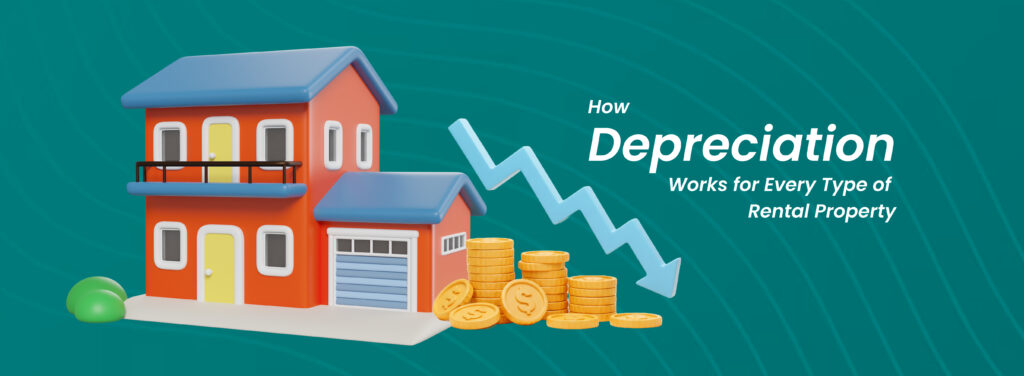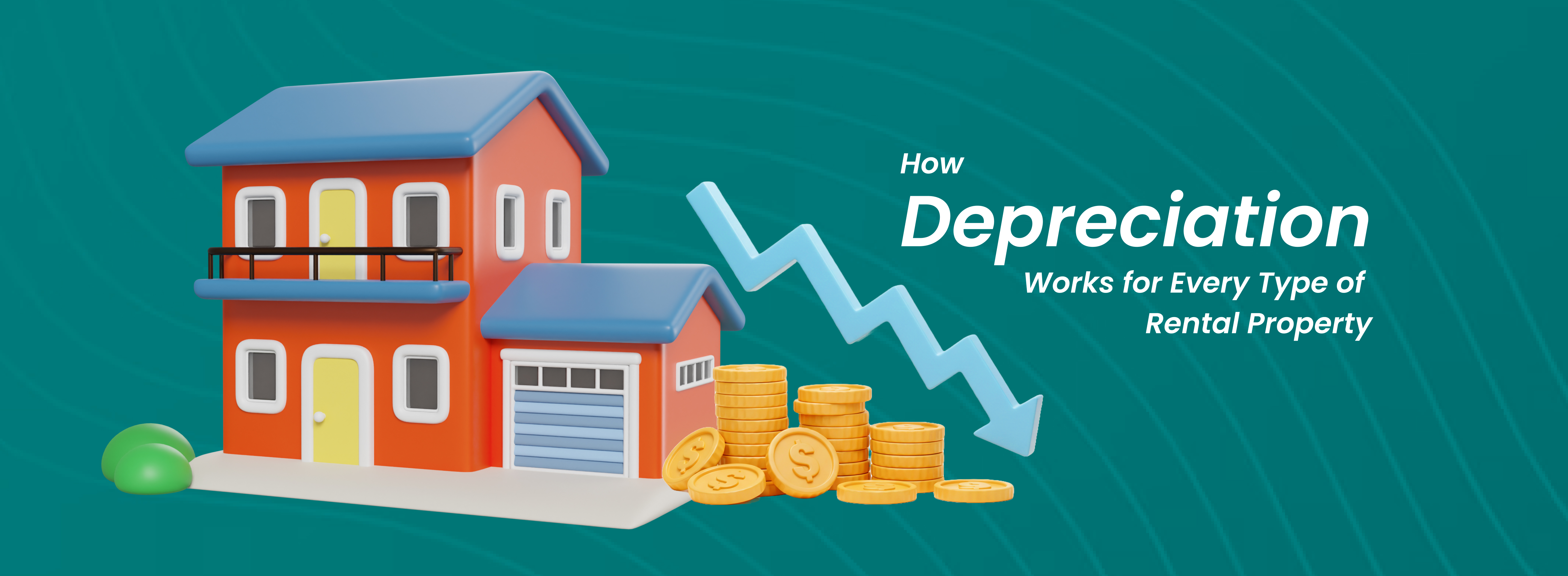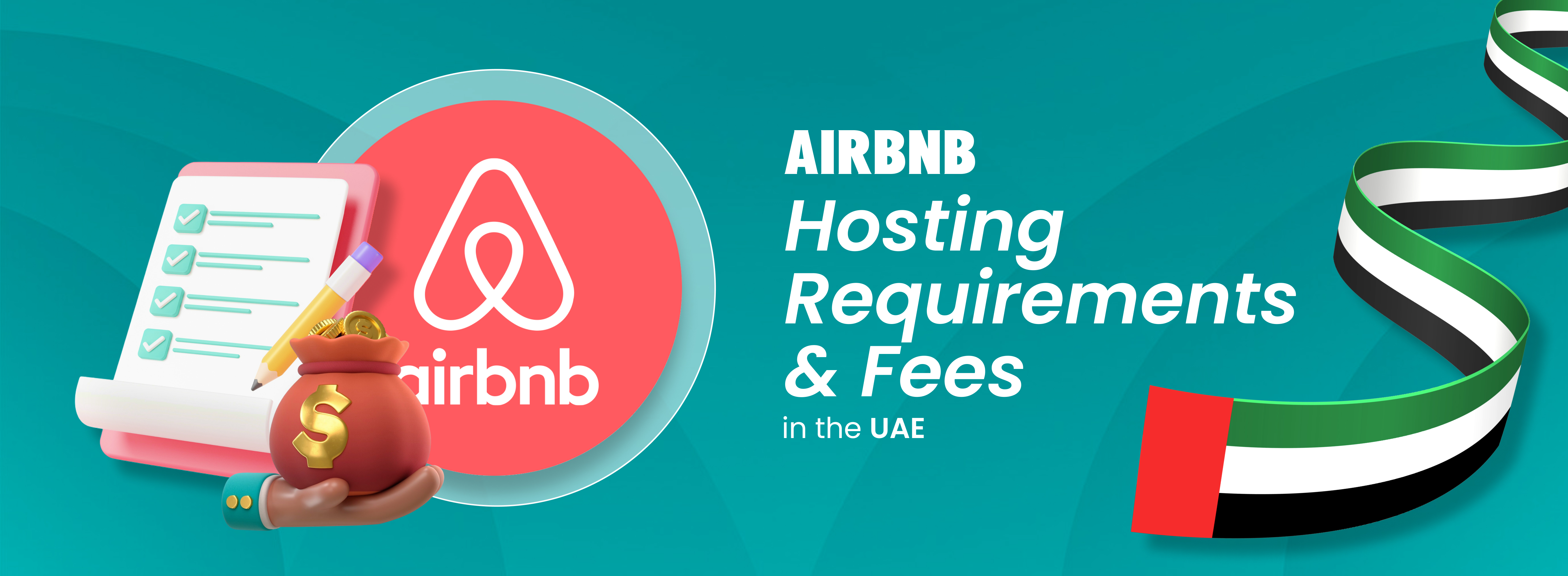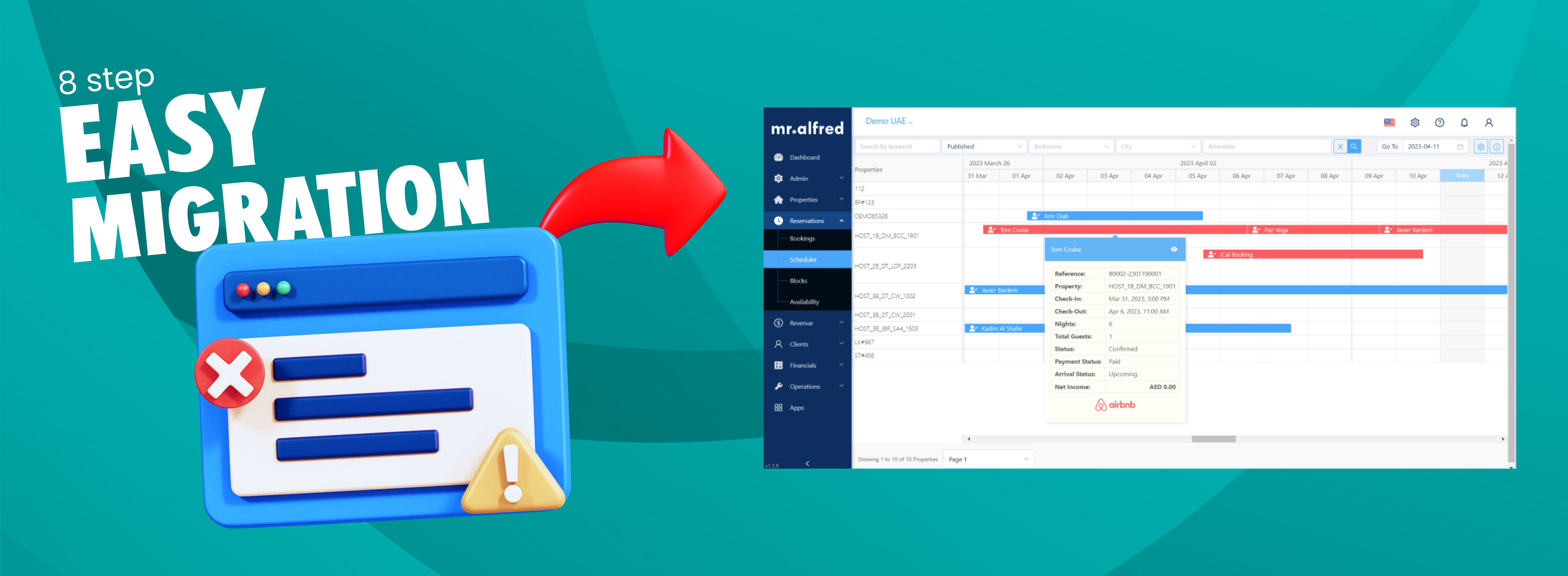Depreciation is a crucial financial concept for vacation rental property owners in the UAE. It allows investors to account for the wear and tear of their property over time, reducing taxable income and improving cash flow. However, the UAE’s tax laws and depreciation rules differ from those in other countries, particularly since the UAE introduced Corporate Tax in 2023.
This guide explains how depreciation works for different types of vacation rental properties in the UAE, including:
- Freehold Properties
- Leasehold Properties
- Furnished vs. Unfurnished Rentals
- Short-Term vs. Long-Term Rentals
We’ll also cover the latest UAE tax regulations and how they impact property depreciation.
Table of Contents
Toggle1. Understanding Depreciation in the UAE
What Is Depreciation?
Depreciation is the gradual reduction in the value of a tangible asset (like a vacation rental property) due to wear and tear, age, or obsolescence. For tax purposes, depreciation is treated as an expense, reducing taxable income.
Does the UAE Allow Property Depreciation for Tax Purposes?
- Before 2023: The UAE had no federal corporate or income tax, so depreciation was only relevant for financial reporting (IFRS compliance).
- After June 2023: The UAE introduced a 9% Corporate Tax on profits exceeding AED 375,000. Businesses (including property rental companies) must now account for depreciation when calculating taxable income.
2. Depreciation Rules for Different Vacation Rental Property Types
A. Freehold vs. Leasehold Properties
Freehold Properties (Owned Outright)
- Land: Not depreciable (considered an indefinite-life asset).
- Building/Structure: Depreciable over its useful life (typically 25–40 years under UAE standards).
- Method: Straight-line depreciation is most common (equal annual deductions).
- Example: Suppose the purchase price of a building is AED 2,000,000, and it has a useful life of 25 years. The annual depreciation can be calculated by dividing the cost by the number of useful years, which results in AED 80,000 per year.
Leasehold Properties (Long-Term Leased)
If you lease a property for more than 20 years, you can depreciate the cost of leasehold improvements such as renovations or fixtures made to the property. However, the depreciation must be calculated over the shorter period, either the lease term or the useful life of the asset.
B. Furnished vs. Unfurnished Rentals
Furnished Vacation Rentals (Short-Term)
- Furniture, Appliances, & Fixtures: Depreciable over 5–10 years (depending on quality).
- Common Items & Depreciation Rates:
- Sofas, beds, tables: 5–7 years
- Electronics (TVs, smart systems): 3–5 years
- Kitchen appliances: 7–10 years
- Example:
- Furniture cost: AED 100,000
- Useful life: 5 years
- Annual depreciation = AED 100,000 / 5 = AED 20,000 per year
Unfurnished Rentals (Long-Term)
- Only the building structure is depreciated (same as freehold properties).
- Tenants usually provide furniture, so no depreciation claim for the landlord.
C. Short-Term vs. Long-Term Rentals
Short-Term Rentals (Airbnb, Holiday Homes)
- Higher wear and tear → Faster depreciation on furnishings.
- Dubai’s DTCM (Department of Tourism & Commerce Marketing) requires holiday homes to meet certain standards, impacting depreciation claims.
Long-Term Rentals (Annual Leases)
- Lower depreciation on furnishings (if any).
- Focus on building structure depreciation (25+ years).
3. UAE Corporate Tax & Depreciation (2024 Update)
From June 2023, UAE businesses (including rental income earners) must comply with Corporate Tax if their annual profits exceed AED 375,000.
Key Rules:
- Capital Allowances: Instead of traditional depreciation, the UAE allows “capital allowances” for tax deductions.
- Accelerated Depreciation: Some assets (like renewable energy equipment) may qualify for faster write-offs.
- Record-Keeping: Businesses must maintain proper depreciation schedules for tax filings.
4. Maximizing Depreciation Benefits in the UAE
- Keep Detailed Records: Track all property and furniture purchases.
- Use IFRS-Compliant Methods: Straight-line is safest for UAE tax purposes.
- Consult a Tax Advisor: UAE Corporate Tax is new; professional advice ensures compliance.
Final Words
Depreciation for vacation rentals in the UAE varies by property type (freehold/leasehold), furnishing status, and rental duration. With the introduction of Corporate Tax, proper depreciation accounting is now essential for tax efficiency.
For the latest updates, always refer to the UAE Ministry of Finance and Federal Tax Authority guidelines.
Now, if you’re looking for support with vacation rental management, check out mr.alfred.
We empower vacation rental businesses across the UAE with a powerful suite of tools to streamline operations, improve guest experiences, and optimise revenue.
Check out our features here.
Other services:
Vacation rental solutions | Vacation rental Channel manager | vacation rental software in UAE | rental arbitrage | OTAs in vacation rentals | Vacation rental management software | best channel manager for vacation rentals | vacation rental software in Dubai | airbnb rental arbitrage | holiday rental management software | short term rental management software




